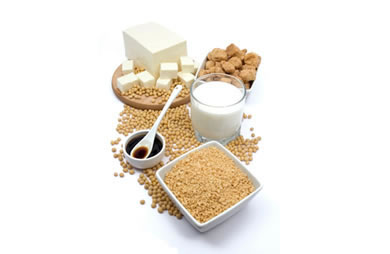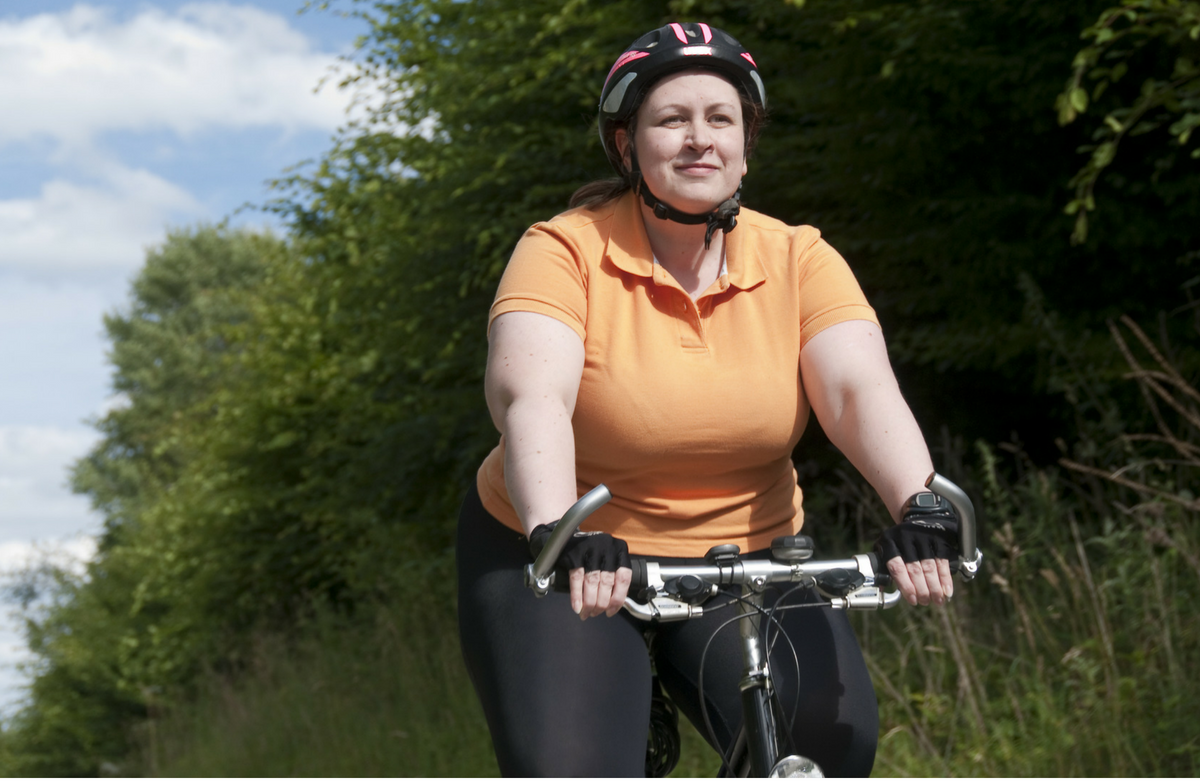|
When my mom sees the things I buy from the grocery store, she often shakes her head. I’m definitely someone who loves a good deal (I get that from her), but I’m willing to pay more for organic produce, I’ll go out of my way to shop at a farmer’s market versus the store, and I really like knowing where my food is coming from. I hosted Thanksgiving at our house last year, so I needed to get a turkey. For me, it was important to know that the turkey had a good life and wasn’t pumped full of preservatives before it reached my door. So I was willing (and lucky that I was financially able) to get a free-range turkey from a farm in our area. It probably cost me four times what I would have paid in the store, but made me feel a lot better about serving it in my home. My mom thought that paying so much for a turkey was the craziest thing in the world. Everyone is different, so obviously what is important to me isn’t necessarily important to everyone else- and that’s okay. New research says that shoppers in their 20’s and 30’s are willing to pay more for products with a low carbon footprint, versus those in their 40’s and 50’s. A food’s carbon footprint is measured in the amount of greenhouse gases emitted along the food’s life cycle- from manufacturing (or growing) to your table. The more steps involved (the further the food travels, the more it’s processed), the larger the footprint. “Some 58 percent of 18-to-24-year-olds are prepared to pay more for food and beverages with a low carbon footprint, while 49 percent of 25-to-34-year-olds also said they would be happy to pay more. As age increases, a person’s willingness to pay extra to guarantee the eco credentials of their food drops – only 35 percent of 35-to-44-year-olds and 35 percent of 45-to-54-year-olds express willingness to pay a premium, while just 31 percent of over-55s said yes.” “The research also revealed that almost 80 percent of shoppers want to see more supermarkets and food producers commit to tackling climate change, while nearly 70 percent of total respondents would like to see the entire food supply chain, including farmers and growers, manufacturers and supermarkets, put more effort as an industry into combating climate change and protecting the earth’s natural resources.” But does this mean they are willing to pay more for it? Not necessarily. I understand that I have the luxury (that not everyone has) to make choices when it comes to food for me and my family. I’m willing to pay more for higher quality food and cut back on expenses in other areas of my life because I have that flexibility, and because it’s important to me. Whether you’re willing/able to pay more or not, I think it’s important to be informed about where your food is coming from. Learn how you can Vote With Your Fork, and why Farmer’s Markets can be an easy way to make eco-friendly food choices. What do you think? Are you willing to pay more for eco-friendly food? |
Popular EntriesMore From SparkPeople
|















